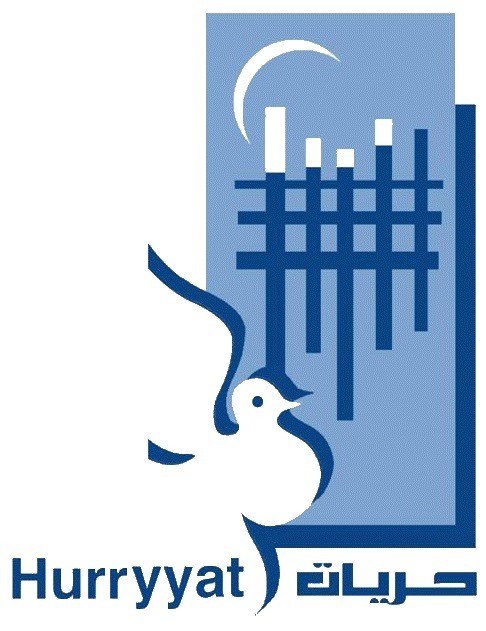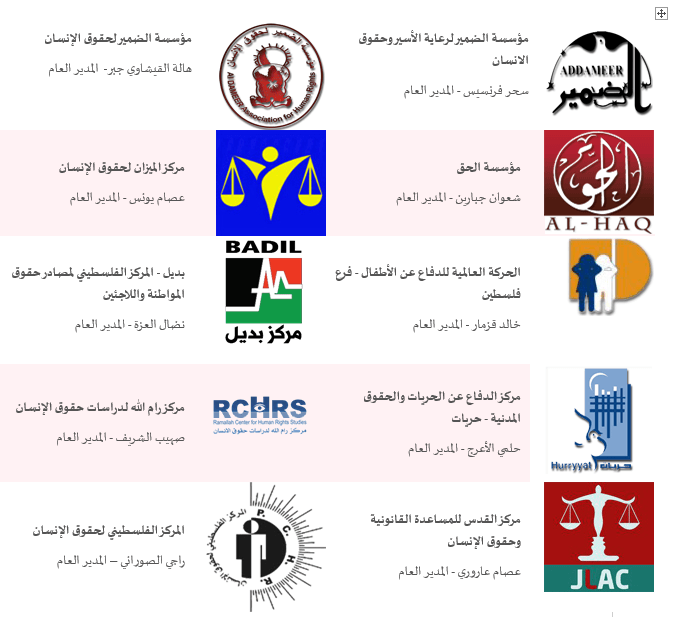The Palestinian Human Rights Organizations Council (PHROC) expresses its severe condemnation of the Israeli High Court decision of 16 February 2016 rejecting the demands of hunger-striking administrative detainee Mohammad Al-Qeiq of being released and transferred to a hospital in Ramallah. This decision is especially troublesome given Al-Qeiq’s dire and deteriorating health condition, and PHROC considers it to be tantamount to imposing the death penalty on Al-Qeiq. Al-Qeiq’s health has worsened over the past two weeks, and Al-Qeiq has lost consciousness numerous times due to the continuation of his hunger strike, which has lasted for 86 days. PHROC is therefore deeply concerned that Al-Qeiq may suffer a heart attack due to his deteriorating medical condition. PHROC also condemns the High Court’s decision not to release and transfer Al-Qeiq given that he is being held without trial or charge, and his health condition negates the possibility that his release would pose any viable security risk. Mohammad Al-Qeiq, a 33-year-old Palestinian journalist from Ramallah, was arrested by the Israeli Occupation Forces (IOF) from his home without an arrest warrant on the 21st of November 2015 and has been held since then without charge or trial. Al-Qeiq began a hunger strike on the 25th of November 2015, in protest of his administrative detention. As with all other administrative detainees, Al-Qeiq’s detention is based on secret information to which he and his attorney do not have access. The military court judge has claimed that the secret file includes information indicating that Al-Qeiq encouraged incitement through his journalism.
PHROC also strongly condemns the forced treatment of Mr. Al-Qeiq, who has been given medical treatment against his will. Mr. Al-Qeiq has been hand-cuffed to the hospital bed despite his critical condition and has been subjected to degrading and ill-treatment at the hands of Israeli prison guards and the Israeli Prison Service. We express our grave concern that such practices violate the human dignity and personal autonomy of detainees, and may amount to torture. We are further concerned that if Al-Qeiq continues his hunger strike, he may be forcibly-fed by the Israeli government, as it refuses his release. Israel’s force-feeding law has been condemned by both the UN Special Rapporteur on Torture and the UN Special Rapportuer on the right to health.
PHROC holds that the use of administrative detention as a policy practiced by the occupying state is systematic and arbitrary, and in contravention of international law. The use of administrative detention has attracted widespread condemnation from local and international organizations as a violation of fundamental human rights as stated by the European Union on the 27 January 2016, which expressed “their longstanding concern about the extensive use by Israel of administrative detention without formal charge.”
Therefore, PHROC calls on all international organizations, including the United Nations, the International Committee of the Red Cross, the European Union, and all High Contracting Parties to the Fourth Geneva Convention to fulfill their obligations towards protecting human rights and enforcing the implementation of international humanitarian law, especially when grave breaches are being perpetrated in times of war and occupation. We call on the aforementioned actors to push the Israeli government to immediately release Al-Qeiq and pressure Israel to end the use of administrative detention as practiced by the Israeli Occupation Authorities.


